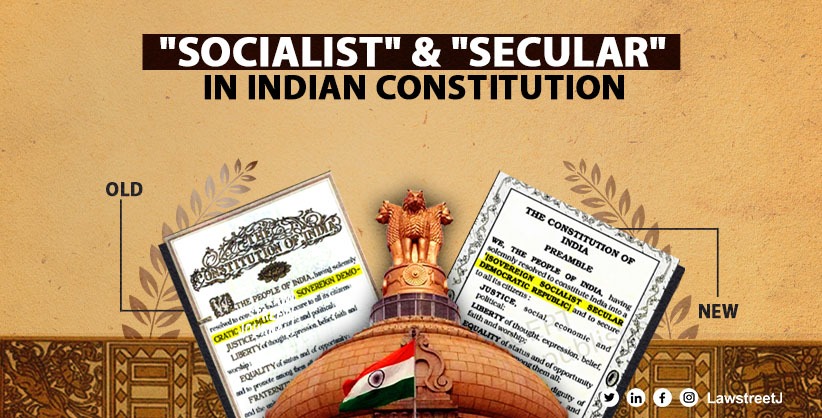
RSS and Shivraj Chauhan Question the Role of Secularism and Socialism in Indian Constitution
Recent comments from the Rashtriya Swayamsevak Sangh (RSS) and Union Agriculture Minister Shivraj Singh Chouhan have reignited the debate on whether secularism and socialism are integral to the Indian Constitution. These discussions challenge the relevance of these terms within India's foundational framework, stirring significant public interest.
Secularism and socialism were added to the Preamble of the Constitution during the controversial 42nd Amendment in 1976, a time marked by the Emergency under Prime Minister Indira Gandhi. This amendment remains hotly contested, with various political groups questioning whether secularism and socialism reflect the true essence of India's diverse values.
Dattatreya Hosabale, general secretary of the RSS, recently called for deeper conversations about the current importance of secularism and socialism. He posits that these concepts were not part of the original Constitution and were introduced during a politically charged era in Indian history. This viewpoint is echoed by Shivraj Singh Chouhan, who argues that these principles are unnecessary for a country enriched in culture and tradition. Chouhan believes that the addition of secularism during the Emergency lacks genuine legitimacy.
The backlash from opposition parties has been swift, as they view the remarks of Hosabale and Chouhan as attempts to erode the secular and socialist pillars of Indian governance. Their comments illustrate a deeper ideological divide regarding how India should outline its national identity and governance model in the future.
The conversation around secularism and socialism carries substantial implications for India's societal values and political landscape. For more insights, you can read about the Indian Constitution's basic structure doctrine.
